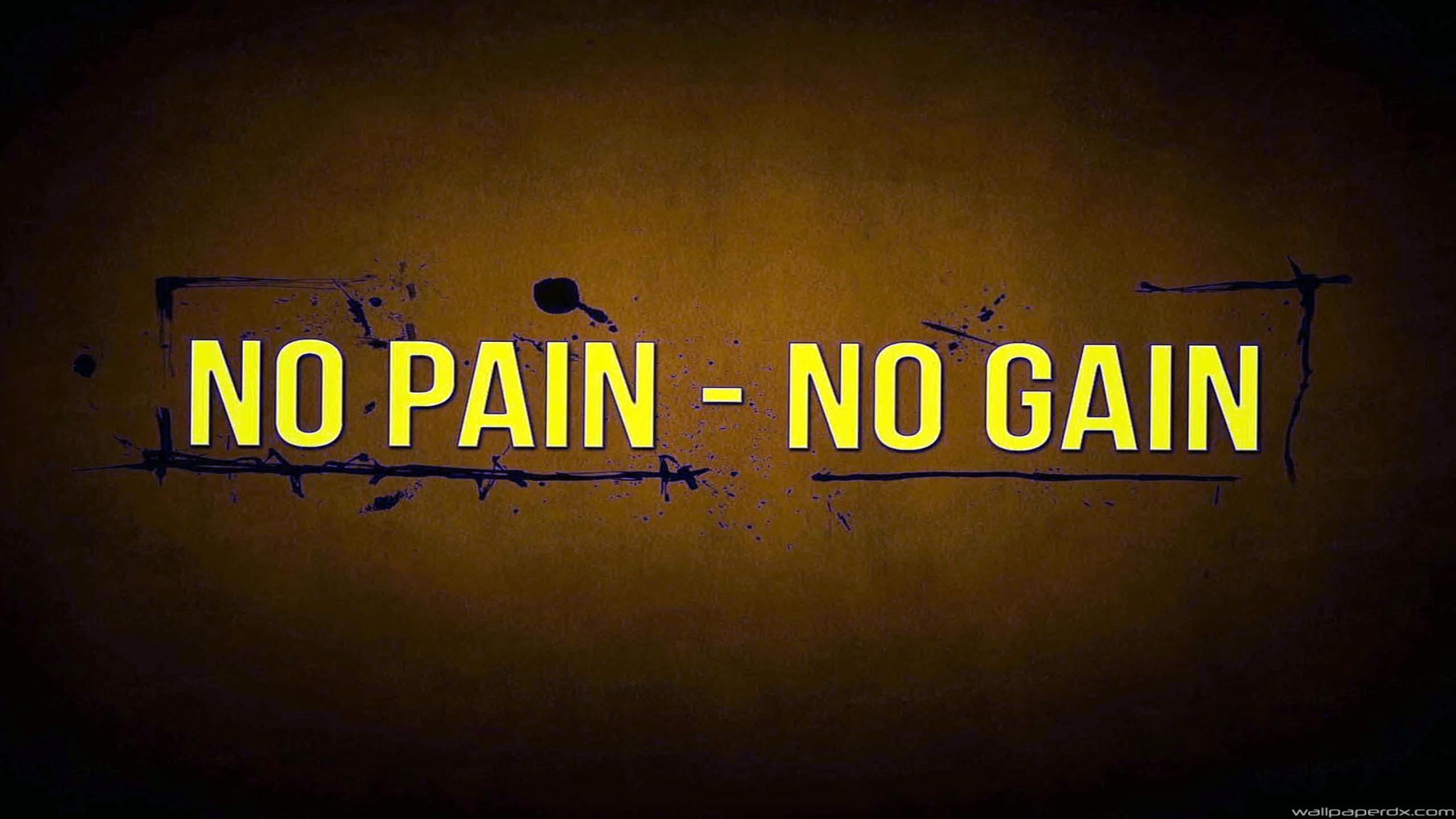Pain a Valuable Mechanism
A girl who acted in the serial, Grey’s Anatomy
called herself as a super hero because she never experienced pain in her
body. Though she proclaimed proudly that
there was no pain in her body, she was carrying a rare disease called
congenital insensitivity to pain. Those
who have that disease will not experience pain.
For a man to live a healthy life he must have the
sense of pain. Otherwise some problem in
his body will be unattended for a long time because of lack of pain and which
may develop into a serious problem. In
our spiritual life also even if we do a small mistake our heart must be
troubled and we must lose the peace of mind.
Then only we will repent and reconcile both with men and God.
It is true that the ability to experience pain is
crucial for maintaining a healthy life. Pain serves as a protective mechanism
that alerts us to potential damage or injury to our bodies. Without the ability
to feel pain, individuals with congenital insensitivity to pain may not be
aware of injuries or illnesses that would typically cause discomfort. This can
lead to delayed medical intervention and potentially serious health
consequences.
Similarly, in our spiritual lives, the experience of
moral or emotional pain can be a valuable mechanism for self-reflection,
growth, and reconciliation. When we make mistakes or act in ways that are not
aligned with our values, feeling troubled or experiencing a loss of peace of
mind can motivate us to seek forgiveness, make amends, and learn from our
actions.
While pain can be uncomfortable, it serves an important purpose in both our physical and spiritual well-being. It prompts us to take necessary actions to maintain our health and to foster personal growth and ethical behavior.
Just as physical pain alerts us to the need for medical attention, emotional or spiritual discomfort can guide us towards introspection and the pursuit of inner harmony. It can help us to recognize the impact of our actions on others and encourage us to take responsibility for our behavior. Without the ability to feel this pain, we may become complacent or insensitive to the consequences of our actions, hindering our personal and spiritual growth.
Ultimately, pain, whether physical or spiritual,
serves as a valuable feedback mechanism. It prompts us to address issues that
require attention, make necessary changes, and strive for a healthier and more
balanced life. Embracing the discomfort that accompanies our mistakes can lead
to self-improvement, stronger relationships, and a greater sense of personal
fulfillment.


Good message
ReplyDelete